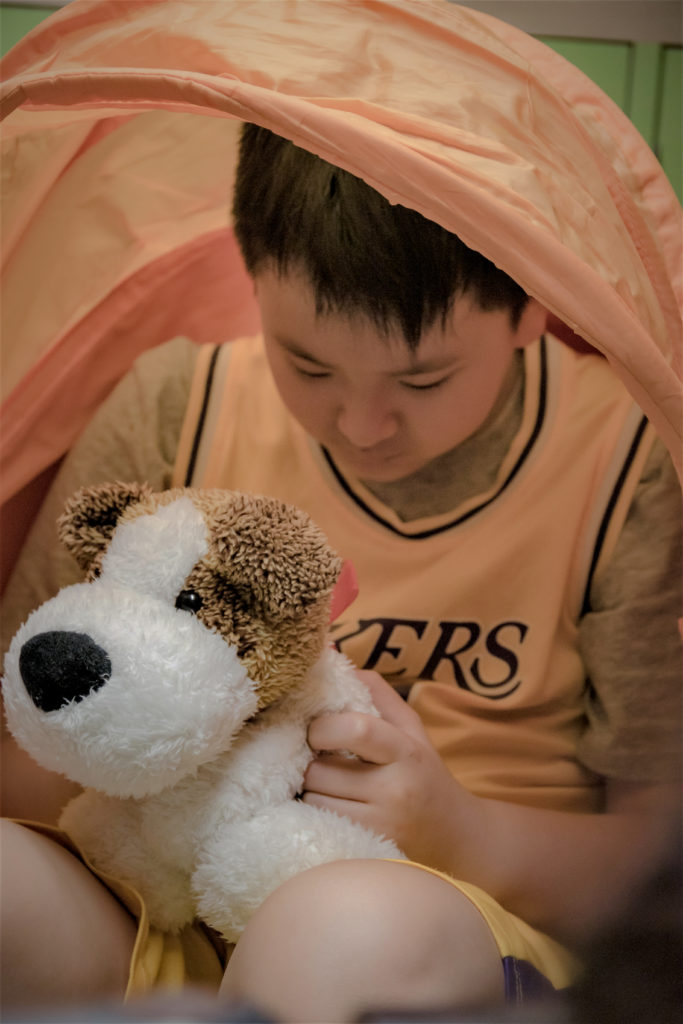The “2nd Chance in Life – Early Intervention Program” aims to identify residential children with special educational needs (SEN) in combination with childhood trauma, and provide multi-disciplinary medical, psychological counseling services and special educational treatment as early as possible. Our organization intervenes accordingly through services of counselors and different multi-disciplinary plan.
Service Objectives

- To help children experiencing trauma, emotional distress with early identification and treatment
- Children also with special educational needs are provided with early identification and interventional treatment
Service Targets
Residential Home Care Children


Service Content
“2nd Chance in Life – EIP” – Youth Nurturing Seedlings Grow Together Scheme (sponsored by Drs. Richard Charles & Esther Yewpick Lee Charitable Foundation)
Early identification and intervention services for residential children
- Provide “early intervention and treatment” services to residential children with special educational needs
- Includes speech and occupational therapy assessments, individual/group therapy, and home training
- Continue to supervise, improve behavior and meet the needs of sensory integration
- Staff training: regularly provide training to residential staff, cooperate with other professionals and get into the core issues of the children’s inner self
Orientation to Youth Occupational Therapy Profession
Subsidize eligible youth to enroll in “Basic Occupational Therapy Assistant” course, and provide home training to residential children
- Home training grants for our eligible youth
- Continuous supervision provided by professional therapists and social workers, aiming to apply what they have learnt, with equal emphasis on theory and practice.
- Explore on their career paths


Early Identification and Prevention Program for SEN (on a need basis)
- Receive outpatient consultation by family doctor and refer to psychiatrist for diagnosis and treatment (long-term follow-up cases will be referred to public services)
- Counseling Services: help relieve the children’s emotions and improve their behavior
- Music, drama therapy and social groups
- Improve concentration through group activities
- Small group physical training and adversity training
Funding
They need appropriate and multi-professional support. The service funding replies on generous donations from all walks of life:
- Charitable foundations
- Churches
- General public

